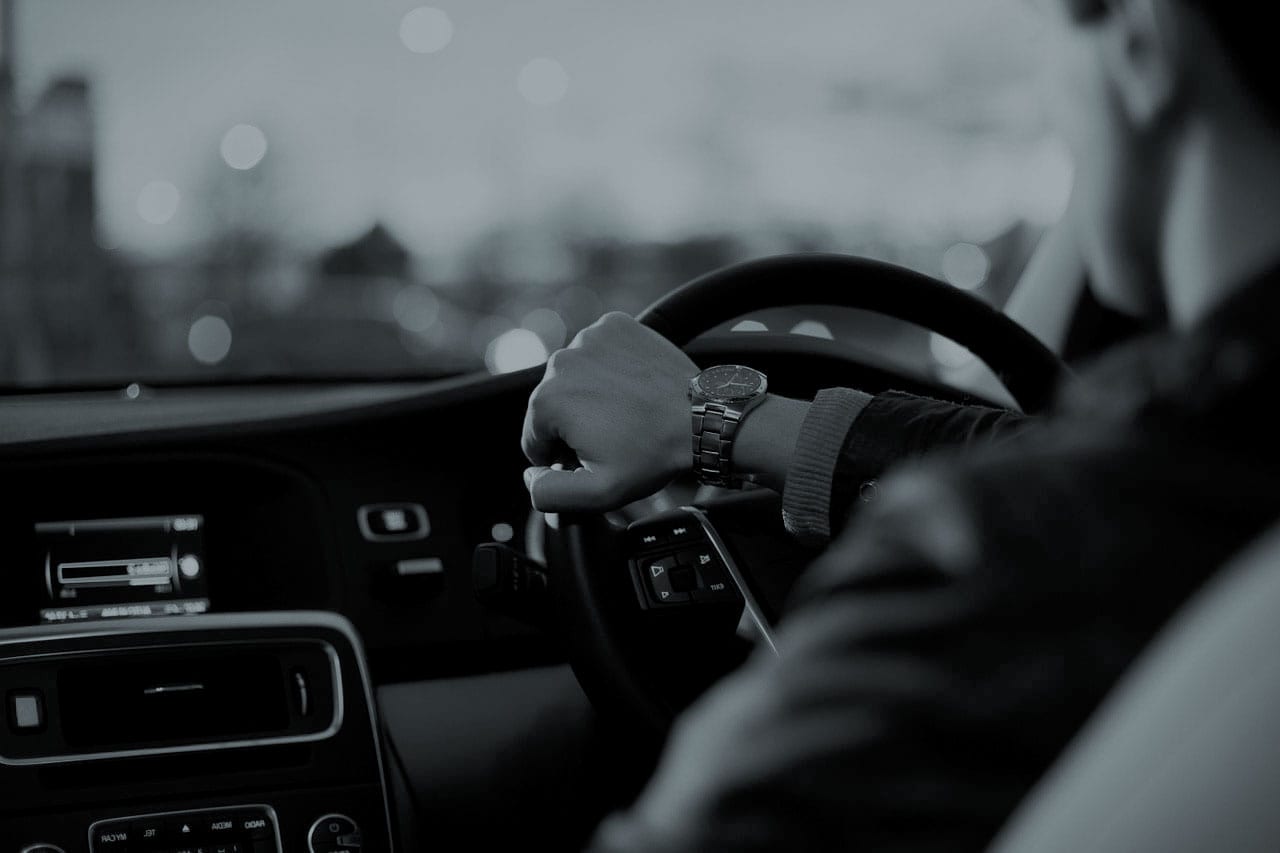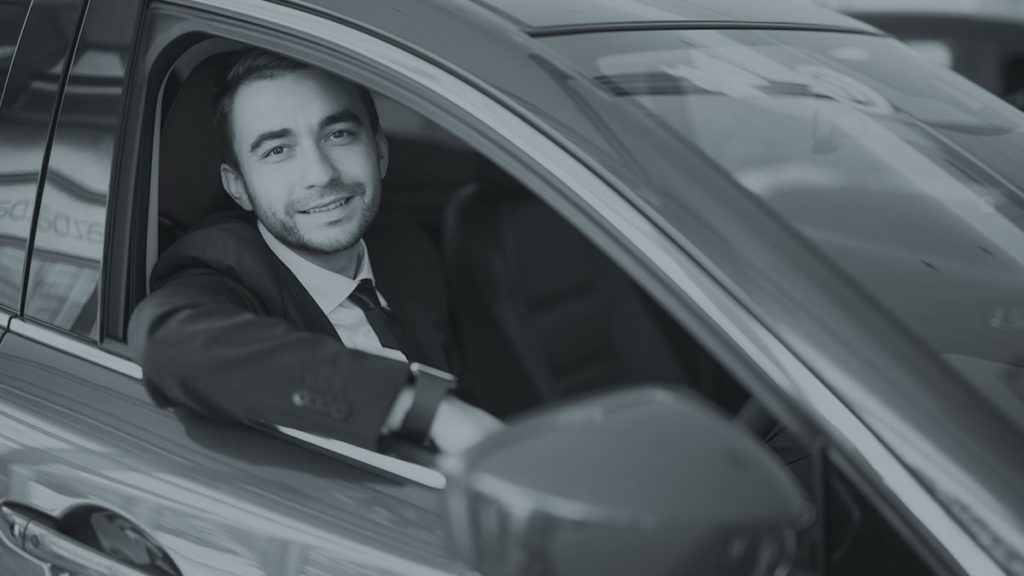Send your enquiry.
Contact us for a free, initial no obligation consultation.
"*" indicates required fields
Your information is safe and treated in accordance with our Privacy Policy
A totting up ban is an automatic driving ban that happens when you accrue 12 or more penalty points in a three-year period. You may be able to avoid a totting up ban by arguing exceptional hardship.
If you are facing a totting up ban, please contact our motor defence solicitors for expert legal advice.
Can I get legal advice? Motor defence solicitors London
Yes, you can get legal advice from our motor defence solicitors. If you are worried about a totting up ban, or you have received a court summons, we can advise you on our next steps. If you want to know more about what a totting up ban is, and how the law works, please read on. See our motoring defence fees page to find out more about our fixed fees.
What is a totting up ban?
A totting up ban is when you accrue 12 or more penalty points on your licence in a three-year period, resulting in a minimum six-month driving ban.
To understand totting up bans in more detail, you need to know how penalty points work. When you are convicted of a motoring offence, you are usually given a certain number of penalty points. These remain on your licence for four years.
Different types of motoring offence carry a different number of penalty points. For example, driving without insurance carries six penalty points, whereas dangerous driving can carry up to 11 penalty points. A minor speeding offence is usually three penalty points.
If you commit two or more motoring offences, the penalty points on your driving licence will start to add up. If you reach 12 or more penalty points within a three-year period, you will be automatically disqualified from driving. This is called a totting up ban.
So, if you already have points on your licence, you need to be very careful that you do not accumulate any more. Otherwise, any further offences could push you over the 12-point limit, causing you to temporarily lose your licence.
What happens when I get 12 points on my licence?
If you are accused of a motoring offence and the associated penalty would tip you over the 12-point limit (or six points, if you are a new driver), you will be unable to accept the points. Sometimes you will still receive a Fixed Penalty Notice, but you should write back to say that you cannot accept the points.
Your case will then be referred to the court, after which you will receive a court summons through the post. This will tell you to attend a Magistrates’ Court on a particular date. During the hearing, the court will decide whether to impose a totting up ban and how long your ban should last for.
If you want to defend the charge, you will likely have to attend court in person. Otherwise, you can ask one of our motoring defence solicitors to attend court on your behalf. If you have received a court summons, please contact us for an initial enquiry to discuss the matter further.
Some of my points are due to expire – will this mean I avoid a totting up ban?
No. Some of your penalty points may have expired since you received a court summons, or they may be about to expire. Unfortunately, this has no bearing on the outcome. The court will consider the number of penalty points that were on your licence on the date of the motoring offence.
How long will my totting up ban last?
The recommended mandatory length of a totting up ban is at least six months. However, it could be longer if you have already received a driving disqualification over the past three years.
If you have recently been disqualified from driving, your ban could last for:
- 12 months, if you have been banned from driving for at least 56 days once in the past three years
- 2 years, if you have been banned from driving for at least 56 days twice or more in the past three years
Despite these guidelines, the courts are still entitled to exercise discretion. This means that, in theory, the court could decide to issue a shorter driving ban than those described above. Indeed, those who have no previous driving convictions may be handed a three-month driving disqualification, rather than the mandatory six-month ban.
Are the rules different for new drivers?
Yes, the rules are different for drivers who have passed their driving test in the previous two years.
New drivers will have their licence revoked if they accumulate six or more points on their licence. This means two minor speeding offences could tip you over the maximum limit, resulting in an automatic disqualification.
Once the totting up ban has ended, a provisional licence will be issued. You will need to re-take both the theory and practical driving tests in order to regain a full driving licence. Your licence will not be ‘wiped’, but instead the penalty points will remain valid for the stipulated amount of time. This is usually for four years. More information on young drivers and the law.
If you incur further penalty points, you will receive a totting up ban – but only if you accrue 12 or more penalty points, rather than six.
Can I avoid a totting up ban?
Yes, you may be able to avoid a totting up ban. You can do this in one of three ways:
- Successfully defend the allegations
- Argue special reasons
- Plead exceptional hardship
Your first option is to successfully defend the allegations. There are lots of ways to defend a motoring offence. Just because you have received a Fixed Penalty Notice or been charged by the police, does not necessarily mean that the allegations are correct. You may have a technical defence – for example, the speed radar detector had not been properly calibrated. Or you may have another defence – for instance, you were not driving the vehicle at the time of the alleged offence. If you can establish your innocence, or undermine the prosecution’s case, the points cannot be awarded. This would allow you to avoid a totting up ban.
Secondly, you can argue a case of special reasons. This is where you admit that you committed a driving offence, but only because of mitigating or extenuating circumstances. So, you may have run a red light because of a medical emergency. Again, if you can persuade the court that the points should not be imposed, you will avoid a totting up ban.
Lastly, you can plead exceptional hardship. This is when a driving ban would cause hardship for others. There is no set definition of exceptional hardship, but it is more than a mere inconvenience. If the court accepts that a driving ban would cause exceptional hardship, the totting up ban may be waived, or reduced in length.
Can I argue exceptional hardship?
Exceptional hardship is the most common way to avoid a totting up ban. However, the burden is on you to prove that a driving ban would cause others to suffer.
For example, it could be that family members rely on you to drive them to and from medical appointments. A driving disqualification would, therefore, affect their health. Or, it could be that you provide a valuable service to the community, who would be denied this service if you were to lose your licence. Find out more on exceptional hardship driving ban possibility’s.
Motor defence solicitors London
Our motor defence solicitors can explain how best to avoid a totting up ban. We specialise in this area of the law and will provide expert legal advice tailored to your situation.
We know how concerning it is to face a driving disqualification. Even a six-month ban can have a detrimental impact on your life and may affect your ability to work and care for your family. We will use our expertise to help you limit the consequences of a totting up ban.
For an initial enquiry, call us on 0333 009 6275. We are available to take your call 24 hours a day, 7 days a week.
You can also email us on enquiries@ashmanssolicitors.com or complete our Online Enquiry Form and we’ll be in touch soon.
Totting Up Ban Common Questions & Answers
Are There Any Defences Against A Driving Ban
Yes there is, if you can prove exceptional hardship then you might get to keep your licence
How Many Points Is It Before You Get Banned From Driving
It is 12 points when a ban comes into force unless you are a new driver (under 2 years) then its 6 points and you loose your licence.
What Is The Minimum Driving Ban Period
The minimum driving ban is 6 months, however this could be longer and at the desecration of the judge
If You Are a New Driver Under 2 Years And Your Licence Gets Taken From You, Do You Have To Take The Driving Test Again
The simple answer is yes you have to re-sit the driving test
If I Do Get Banned From Driving How Do I Find Out When The Ban Ends
You will get a reminder form D27 that DVLA sends you 56 days before your disqualification ends
Is There A Way To Check my Driving Ban Period Online
Yes you can check your driving ban period online here
What DO I Need To Check My Ban Online
You will need your driving licence number, your national insurance number and the post code on your driving licence




